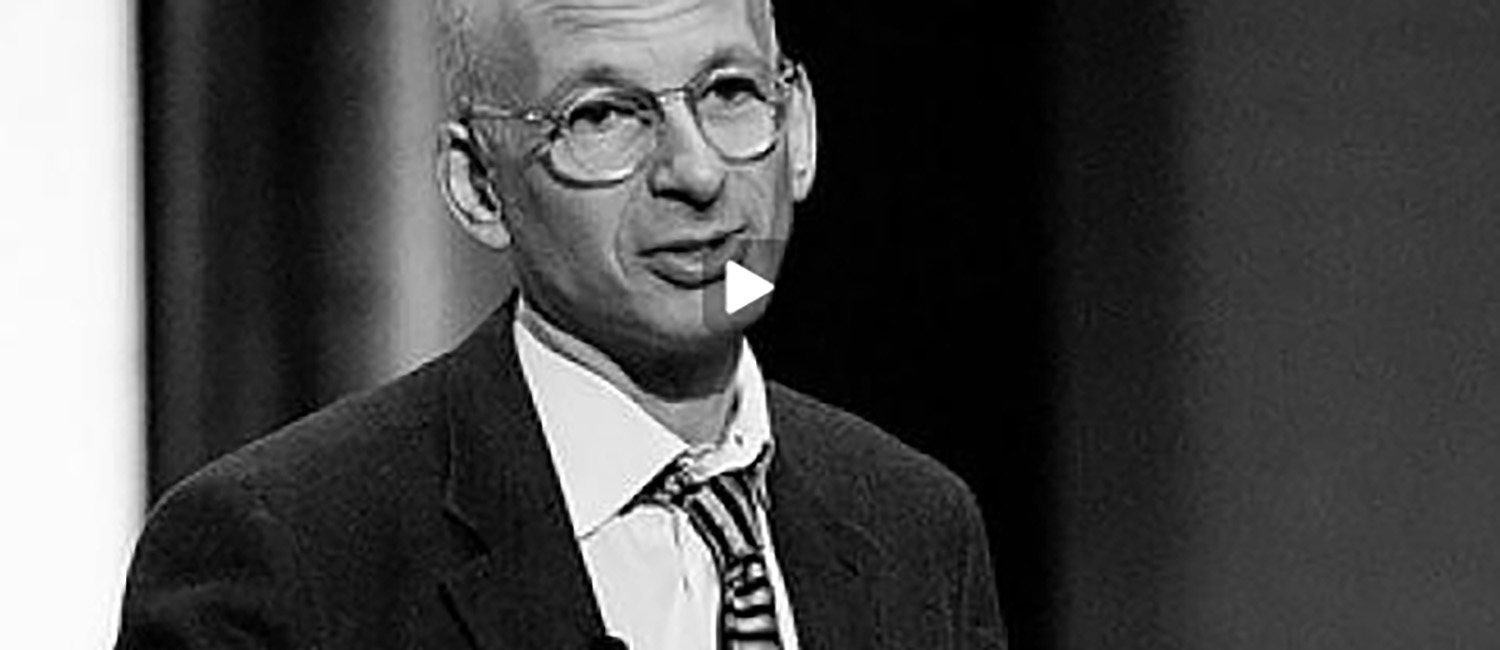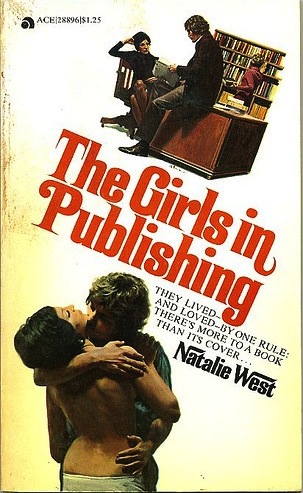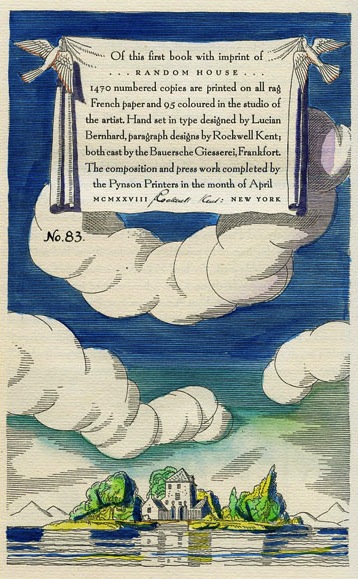What usually gets lost in the perpetual refrain about authors becoming their own marketers is that there’s no particular connection between writing talent and a gift for self-promotion.
— Laura Miller, “Writer, Sell Thyself”
In a world where authors are expected to self-promote — and someday, perhaps, self-publish — would Salinger or Harper Lee or Thomas Pynchon, reclusive introverts all, have found an audience? Are we about to lose the writer, however brilliant, whose only gift is writing? Read the article.


